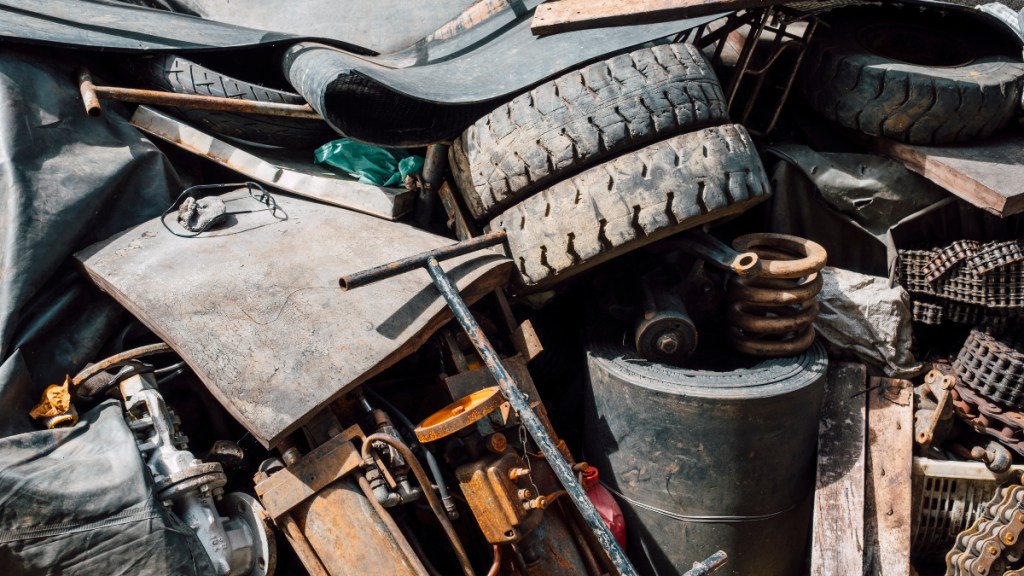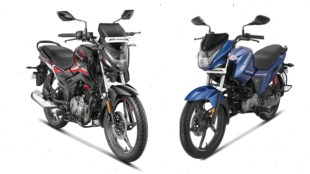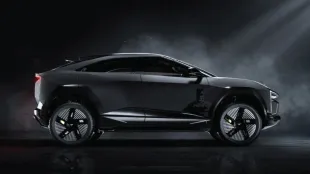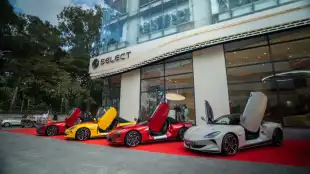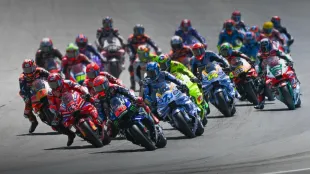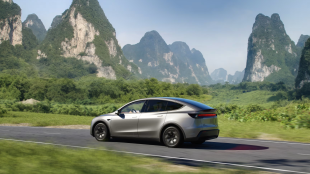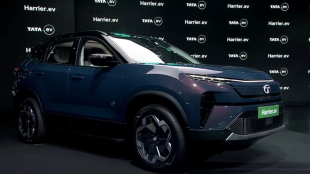With the imposition of higher tariffs on imported vehicles by the President of the USA, the global automobile industry is already gearing up for a tough month ahead. And the latest development from Europe will potentially make it worse. The European Union (EU) has unravelled yet another monumental scam in modern automotive history.
The EU slapped a hefty fine amounting up to $495 million (approx. Rs 4,237.62 crore) on 15 major car OEMs operating in Europe along with the European Automobiles Manufacturers’ Association (ACEA) for running “a long-lasting cartel concerning end-of-life vehicle recycling”. All companies admitted their involvement in the cartel and agreed to settle the case.
Mercedes-Benz snitches on ELV cartel
A European Commission investigation uncovered that, for over 15 years, 15 leading car manufacturers, along with ACEA, participated in anticompetitive agreements and coordinated practices concerning the recycling of end-of-life vehicles. For those unfamiliar, an end-of-life vehicle (ELV) refers to a car that is no longer roadworthy due to age, wear and tear, or damage. These vehicles undergo dismantling and processing for recycling, recovery, and disposal.
The cartel included major players such as Mercedes-Benz, which was exempted from a €35 million (approximately Rs 323.34 crore) fine for acting as a key whistleblower and receiving full immunity. Other well-known OEMs, including Stellantis (which includes Opel), Mitsubishi, and Ford, received reduced fines for cooperating with the Commission.
The extent of reduction in fine depended on the timing of their cooperation and the strength of the evidence they provided to substantiate the cartel’s existence. The complete list of carmakers fined by the EU is given below.
| Company | Reduction under the Leniency Notice | Fine |
| Mercedes-Benz | 100% | €0 |
| Stellantis | 50% | €74 934 000 |
| Mitsubishi | 30% | €4 150 000 |
| Ford | 20% | €41 462 000 |
| BMW | €24 587 000 | |
| Honda | €5 040 000 | |
| Hyundai / Kia | €11 950 000 | |
| Jaguar Land Rover / Tata | €1 637 000 | |
| Mazda | €5 006 000 | |
| – Of which jointly and severally with Ford | €1 034 000 | |
| Renault / Nissan | €81 461 000 | |
| Opel | 50% | €24 530 000 |
| – Of which jointly and severally with GM | €13 659 000 | |
| GM solely | €17 075 000 | |
| Suzuki | €5 471 000 | |
| Toyota | €23 553 000 | |
| Volkswagen | €127 696 000 | |
| Volvo | €8 890 000 | |
| – Of which jointly and severally with Ford | €3 901 000 | |
| – Of which jointly and severally with Geely | €4 419 000 | |
| ACEA | €500 000 |
EC investigation conclusion
In its investigation, the Commission determined that the involved parties engaged in collusion on two key fronts:
- OEMs agreed not to compensate car dismantlers for processing end-of-life vehicles (ELVs), asserting that ELV recycling was already a profitable business. This led to the adoption of the so-called “Zero-Treatment-Cost” strategy. Additionally, the companies exchanged commercially sensitive information regarding their individual agreements with dismantlers and coordinated their approach toward them.
- OEMs collectively decided not to highlight the extent to which an ELV could be recycled, recovered, and reused, nor the amount of recycled material incorporated into new vehicles. This strategy aimed to discourage consumers from factoring in recycling information when purchasing a car, thereby reducing pressure on manufacturers to exceed legal environmental standards.
